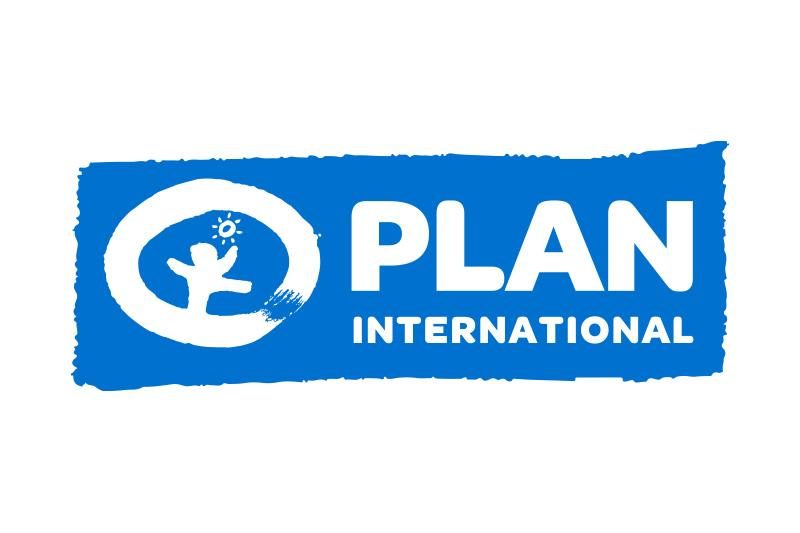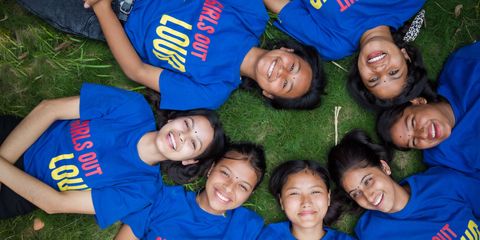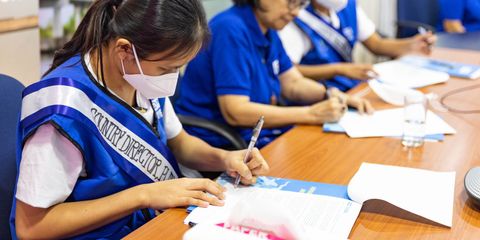16 OCTOBER 2020
by Aly Narvaez

October 11, MANILA— A new global research by girls’ rights organization Plan International reveals that more than half— or 58 percent— of girls and young women worldwide have been harassed or abused online.
Launched on October 11 in celebration of the International Day of the Girl, the report Free to be online? Girls’ and young women’s experiences of online harassment is based on a survey and in-depth interviews of over 14,000 girls aged 15 to 24 in 31 countries including the Philippines.
The largest study of its kind, the report shows that girls who use social media in high and low-income countries alike are routinely subjected to different forms of online harassment and violence such as threats of sexual violence, sexual harassment, threats of physical violence, Anti-LGBTIQ+ comments, racist comments, body-shaming, purposeful embarrassment, stalking, and abusive and insulting language.
In the Philippines, the survey reveals that nearly 7 in 10, or 68 percent, of girls and young women have experienced online harassment, specifically on social media. Majority of these girls also revealed that the harassment happens frequently (50 percent) or very frequently (33 percent). 8 out of 10, or 79 per cent, said that they or other girls they know have received threats of sexual violence on social media.
Further, majority (67 percent) of the Filipino girls and young women surveyed said that they were harassed by people they know.
“The high incidence of online violence against girls and young women is alarming. In this global pandemic and in an increasingly digital world, girls are more at risk than ever,” says Mona Mariano, Gender Specialist of Plan International Philippines. “We must understand that it may also impact girls’ lives offline. Experiencing harassment or abuse online may take a huge toll on a girl’s confidence and wellbeing.”
The research shows that in the Philippines, girls and young women who identified themselves as having at least one intersecting characteristic (being from an ethnic minority, identifying as LGBTIQ+ or living with a disability) are more vulnerable to online violence.
The study also reveals that while the survey was conducted across multiple continents, girls and young women share similar experiences of online harassment and discrimination. Majority of the girls and young women surveyed believe that the COVID-19 pandemic has made being online more important, but falling victim to online violence has been limiting their freedom of expression, driving them out of digital spaces, and leaving them emotionally stressed and feeling unsafe.
“Online violence is disempowering girls. They’re being shut out of a space that plays an important part in fulfilling their potential to thrive and become leaders,” continues Mariano.
Equal freedom for girls and young women
As a response, Plan International launched its #FreeToBeOnline global campaign which calls for ending online violence and upholding the digital rights and freedom of girls and young women.
Advocating for a whole-of-society approach, Plan International highlights in its campaign the important roles of governments, private sector especially tech and social media companies, civil society, and communities in recognizing the harm caused by online violence against girls and young women, promoting digital citizenship education, reporting abuse, crafting and implementing inclusive policies and laws, and amplifying girls’ voices.
“Everyone has a role to play in ending gender-based violence online. The government, social media companies, our families and communities— and young people themselves— have enormous power and potential to stop this,” says Mariano.
As part of the campaign, girls around the world have also written an open letter to social media companies, urging them to create stronger and more effective ways to report abuse and harassment.
The global research and campaign are part of Girls Get Equal, Plan International’s movement for a world where girls and young women have the power to be leaders and shape the world around them.
“Girls will only get equal if we remove barriers to their meaningful participation in the digital world and make online spaces safe for them.”
Media Contact:
Aly Narvaez
Communications Specialist-Media Relations, Plan International Philippines
Email: alyzajoy.narvaez@plan-international.org
Phone: +63 998 962 2399
Editor’s notes
- As part of Girls Get Equal, girls and their allies around the world have written an open letter calling on social media companies to create ways to report abuse and harassment that really work.
- Research for Free to be online? Girls’ and young women’s experiences of online harassment was carried out in 31 countries. This includes a survey of 14,071 girls and young women on behalf of Plan International by Kantar and Ipsos between April 1 and May 5, 2020, and an additional series of in-depth interviews. Kantar and Ipsos surveyed girls in Australia, Benin, Brazil, Canada, Colombia, Dominican Republic, Ecuador, Germany, Ghana, Guinea, India, Indonesia, Japan, Kenya, Netherlands, Nigeria, Norway, Philippines, Spain, Thailand, USA, Zambia. Girls were asked about their experiences of using Facebook, Twitter, Instagram, Tik Tok, Snapchat, WhatsApp, WeChat, YouTube and Line.
Categories: Campaigns

